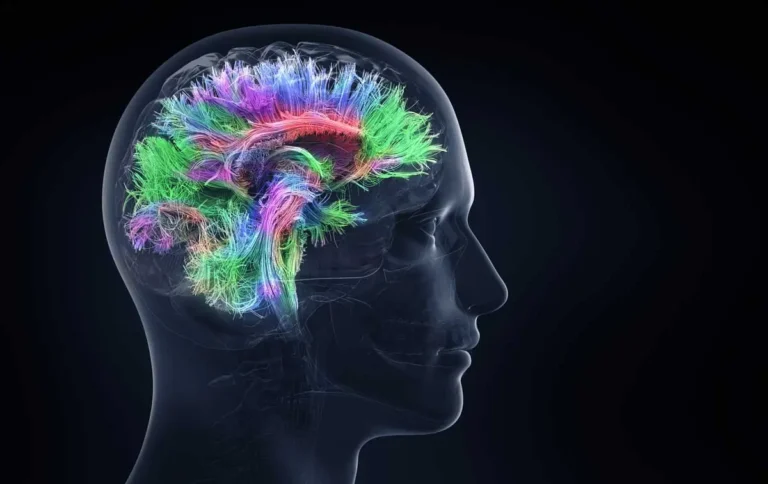How to Support a Loved One with Depression: Guidance for Friends and Family Members
Supporting a loved one with depression can be challenging and emotionally taxing. It’s natural to feel uncertain about how to help and what steps to take. This guide aims to provide friends and family members with effective strategies to support someone struggling with depression, highlighting the importance of therapy and how McNulty Counseling and Wellness in St. Pete can assist in this journey.
Understanding Depression
Depression is a serious mental health condition that affects millions of people worldwide. It goes beyond feeling sad or having a bad day. Symptoms of depression can include persistent feelings of sadness, loss of interest in activities once enjoyed, changes in appetite and sleep patterns, and difficulty concentrating. Understanding these symptoms is crucial for friends and family members aiming to provide support.
Recognizing the Signs of Depression
Recognizing the signs of depression in a loved one is the first step toward providing support. Look for changes in behavior, mood, and physical health. Common signs include:
- Persistent sadness or hopelessness
- Withdrawal from social activities and interactions
- Fatigue and low energy
- Irritability or anger
- Changes in appetite and weight
- Difficulty sleeping or sleeping too much
- Lack of interest in personal hygiene or appearance
If you notice these signs in a loved one, it’s important to approach the situation with sensitivity and care.
How to Approach a Loved One with Depression
When approaching a loved one about their depression, it’s essential to do so with compassion and without judgment. Here are some tips:
- Choose the Right Time and Place: Find a quiet and private place to talk. Make sure both of you have enough time to discuss the matter without interruptions.
- Express Concern and Support: Use “I” statements to express your concern. For example, “I’ve noticed that you seem really down lately, and I’m worried about you.”
- Listen Actively: Allow your loved one to share their feelings without interrupting or offering solutions right away. Sometimes, just listening can be incredibly helpful.
- Avoid Minimizing Their Feelings: Refrain from saying things like “It’s all in your head” or “Just snap out of it.” Depression is a real and serious condition that requires understanding and support.
Offering Practical Support
Providing practical support can make a significant difference in your loved one’s life. Here are some ways you can help:
- Encourage Professional Help: Encourage your loved one to seek professional help from a therapist or counselor. Therapy can provide the tools and strategies needed to manage depression.
- Assist with Daily Tasks: Offer to help with daily tasks that may seem overwhelming to someone with depression, such as grocery shopping, cleaning, or cooking.
- Be There for Them: Sometimes, just being present and offering a listening ear can provide immense comfort. Let them know you are there for them, no matter what.
- Promote Healthy Lifestyle Choices: Encourage activities that promote mental and physical well-being, such as regular exercise, a balanced diet, and sufficient sleep.
The Role of Therapy in Treating Depression
Therapy plays a crucial role in treating depression. At McNulty Counseling and Wellness in St. Pete, we offer a range of therapeutic approaches tailored to the needs of each individual. Our therapists are trained to help clients understand the root causes of their depression and develop coping strategies to manage their symptoms.
Cognitive Behavioral Therapy (CBT): CBT is a widely used therapeutic approach that helps individuals identify and change negative thought patterns and behaviors contributing to their depression.
Mindfulness-Based Therapy: This approach incorporates mindfulness practices to help individuals stay present and reduce the impact of negative thoughts and feelings.
Family Therapy: In some cases, involving family members in therapy can be beneficial. Family therapy can help improve communication, resolve conflicts, and provide a support system for the individual with depression.
At McNulty Counseling and Wellness, we believe in a holistic approach to mental health. We aim to create a safe and supportive environment where clients can explore their feelings and work towards healing.
How Friends and Family Can Support Therapy
Supporting a loved one through their therapy journey is crucial. Here’s how friends and family can contribute:
- Encourage Attendance: Encourage your loved one to attend therapy sessions regularly and support them in keeping their appointments.
- Be Patient: Healing takes time. Be patient and understanding as your loved one navigates their therapy journey.
- Participate When Appropriate: In some cases, participating in therapy sessions can be beneficial. Discuss with your loved one and their therapist to see if this is an option.
Self-Care for Supporters
Supporting someone with depression can be emotionally draining. It’s important to take care of yourself, too. Here are some self-care tips:
- Set Boundaries: It’s okay to set boundaries to protect your own mental health. Make sure you are not overextending yourself.
- Seek Support: Consider joining a support group for friends and family members of individuals with depression. Sharing your experiences with others in similar situations can be comforting.
- Practice Self-Care: Engage in activities that bring you joy and relaxation. Regular exercise, hobbies, and spending time with friends can help you recharge.
Contact McNulty Counseling and Wellness
If your loved one is struggling with depression, professional help can make a world of difference. At McNulty Counseling and Wellness in St. Pete, we are dedicated to providing compassionate and effective therapy for individuals dealing with depression. Our team of experienced therapists is here to support your loved one on their journey to recovery.
Don’t wait. Reach out to us today to schedule a consultation. Call us at 727-344-9867 or submit a contact form here. Together, we can help your loved one find the path to healing and happiness.







